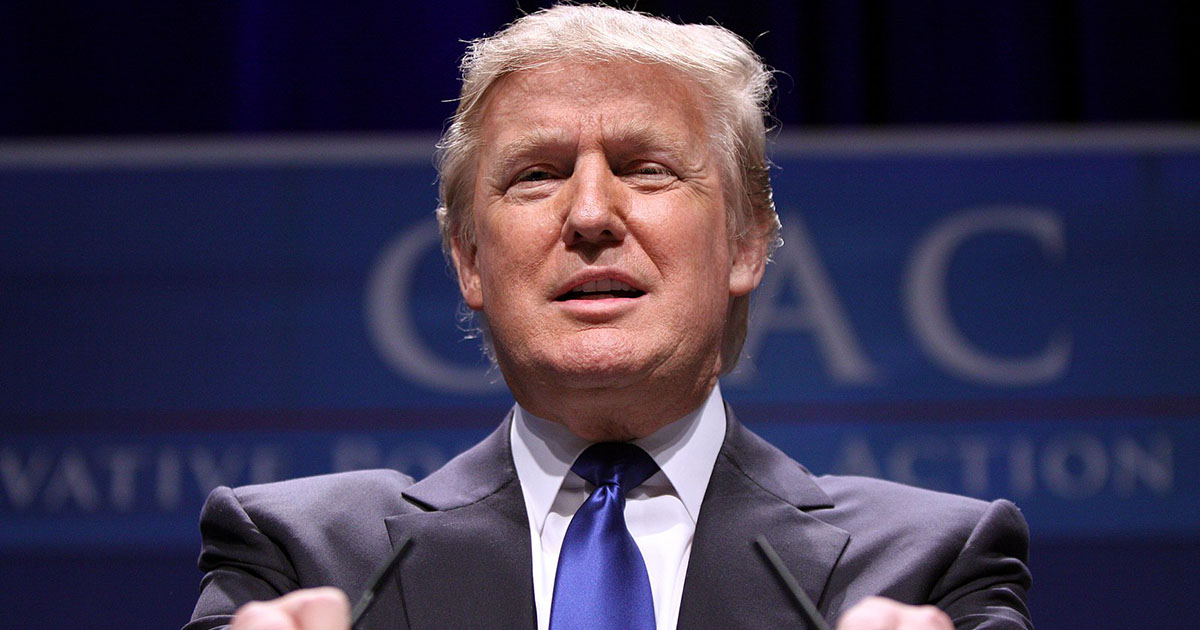
05 Jan 2017 I’m a Woman with a Disability Who Voted for Donald Trump. Here’s Why
In her opinion piece for Time, Able Americans Senior Advisor Melissa Ortiz writes, “My whole life I have cast off the labels and stereotypes others foisted upon me. Thus, politics-by-category annoys me. Unfortunately, in the 2016 presidential election cycle, America seemed convinced by the narrative that the winner could be predicted by the number of voters who fit into the categories embodied by the two major candidates. The thinking went: Since most voters are women, of course Hillary Clinton would be the next President. Conventional wisdom also held that a white conservative newcomer couldn’t possibly beat a liberal who appealed to a wide swath of minority voters.”
“I’ve always been rather difficult to categorize. Born with a disability, it took until very recently for doctors to truly nail down a diagnosis. It changed with the evolution of medical technology from Cerebral palsy to congenital neurological malformation with hydrocephalus to, finally, spina bifida with hydrocephalus. But I’ve always felt and analyzed things deeply. While I flirted briefly in college with supporting certain Democratic candidates, I’ve always considered myself a conservative Republican. One of my earliest childhood memories is of dictating a letter to my father to be sent to President Nixon about something that my four-year-old self felt needed discussing.”
To read the full piece, click here.



